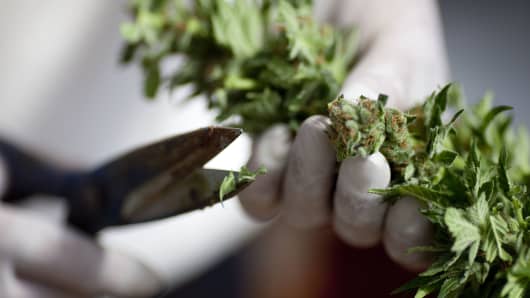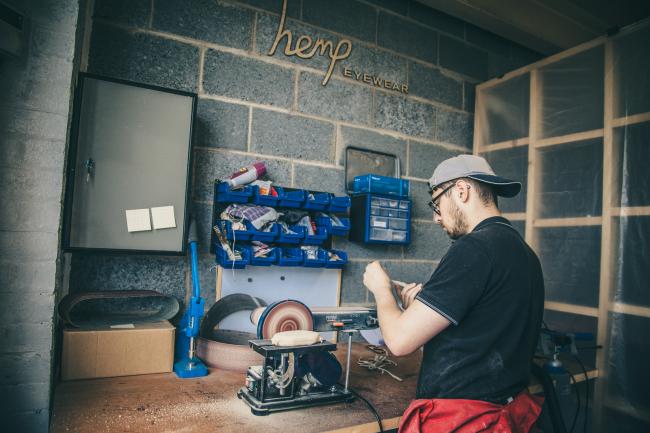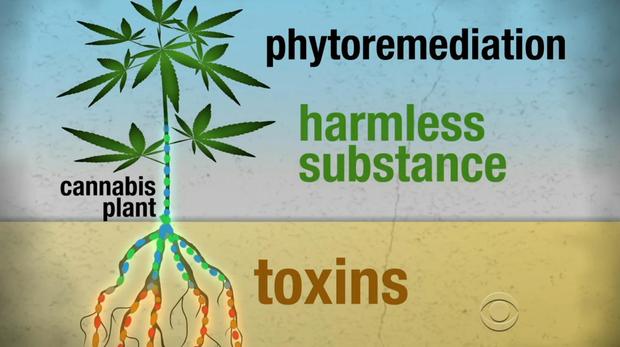The most obvious concern when dealing with drug safety is the possibility of lethal effects. Can the drug cause death?
Nearly all medicines have toxic, potentially lethal effects. But marijuana is not such a substance. There is no record in the extensive medical literature describing a proven, documented cannabis-induced fatality.
By contrast aspirin, a commonly used, over-the-counter medicine, causes hundreds of deaths each year.
Drugs used in medicine are routinely given what is called an LD-50. The LD-50 rating indicates at what dosage fifty percent of test animals receiving a drug will die as a result of drug induced toxicity. A number of researchers have attempted to determine marijuana’s LD-50 rating in test animals, without success. Simply stated, researchers have been unable to give animals enough marijuana to induce death.
At present it is estimated that marijuana’s LD-50 is around 1:20,000 or 1:40,000. In layman terms this means that in order to induce death a marijuana smoker would have to consume 20,000 to 40,000 times as much marijuana as is contained in one marijuana cigarette. NIDA-supplied marijuana cigarettes weigh approximately .9 grams. A smoker would theoretically have to consume nearly 1,500 pounds of marijuana within about fifteen minutes to induce a lethal response.
In practical terms, marijuana cannot induce a lethal response as a result of drug-related toxicity.
– FRANCIS L. YOUNG, DEA Administrative Law Judge








